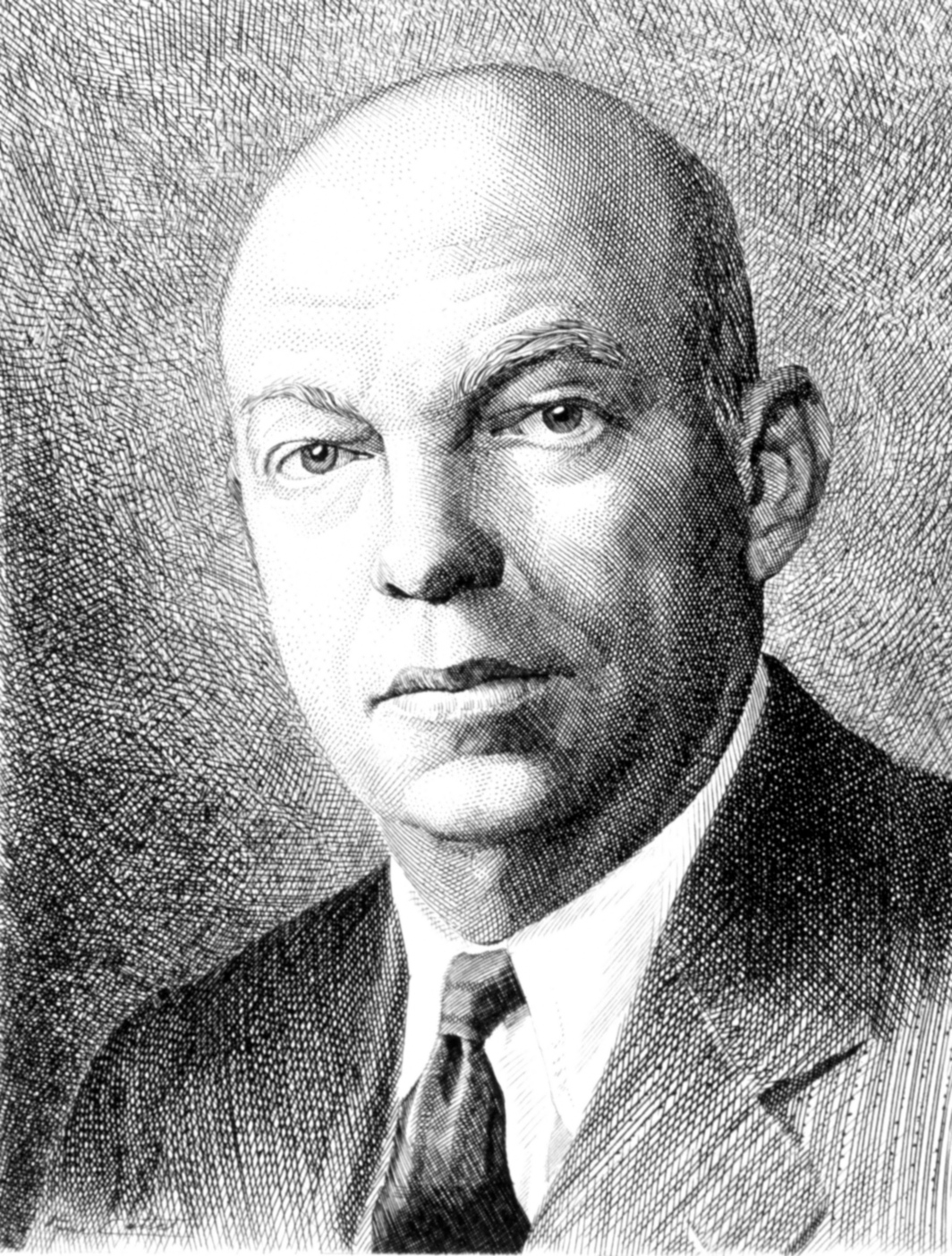“The world, I think, will wait a long time for Nikola Tesla's equal in achievement and imagination.”
As quoted in the The Tesla Museum exhibition in Belgrade, and by the Tesla Memorial Society of New York http://www.teslasociety.com/tmuseum.htm
Edwin Howard Armstrong – radiotechnik amerykański.
Od 1914 na Uniwersytecie Columbia, jako profesor od 1936. Prowadził prace dotyczące odbioru fal radiowych. Wynalazł odbiornik o zwiększonej czułości i selektywności w 1913, a 5 lat później opracował zasady odbioru superheterodynowego. W 1922 skonstruował superreakcyjny odbiornik krótkofalowy. Badał walory modulacji częstotliwości.
Popełnił samobójstwo, skacząc z okna z 13 piętra. Przyczyną takiej decyzji było, jak dowiadujemy się z napisanego przed śmiercią listu, ostatecznie przegrane, długoletnie procesy sądowe prowadzone z amerykańskimi koncernami. Koncerny te, mając na uwadze swoje interesy skutecznie zablokowały możliwość opatentowania przez Armstronga swoich wynalazków.
Wikipedia

“The world, I think, will wait a long time for Nikola Tesla's equal in achievement and imagination.”
As quoted in the The Tesla Museum exhibition in Belgrade, and by the Tesla Memorial Society of New York http://www.teslasociety.com/tmuseum.htm
As quoted in Electronics (2005) by P. Arun, p. 310
Kontekst: Anyone who has had actual contact with the making of the inventions that built the radio art knows that these inventions have been the product of experiment and work based on physical reasoning, rather than on the mathematicians' calculations and formulae. Precisely the opposite impression is obtained from many of our present day text books and publications.
“Men substitute words for reality and then argue about the words.”
As quoted in "Edwin Armstrong : Pioneer of the Airwaves" by Yannis Tsividis http://www.columbia.edu/cu/alumni/Magazine/Spring2002/Armstrong.html
Unsourced variant: Men like to substitute words for reality and then argue about the words.